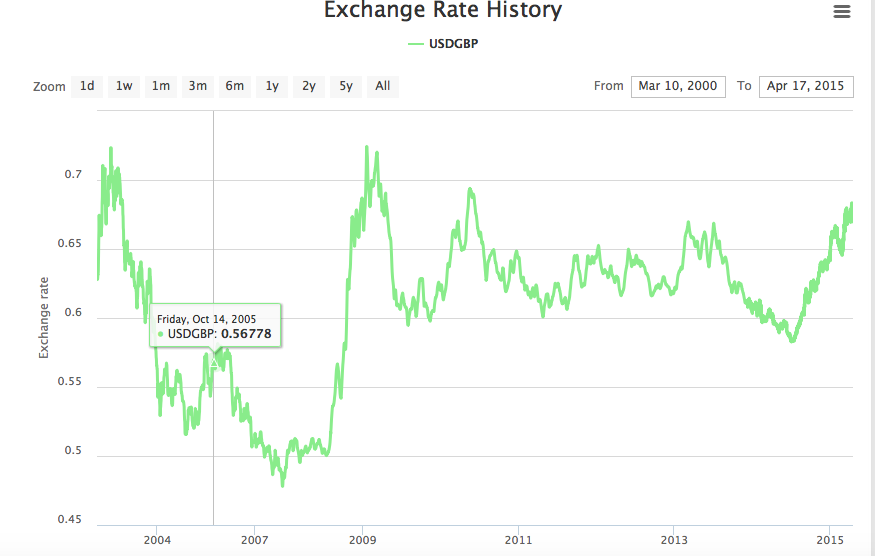Real estate investing is a key ingredient for creating a long-term investment plan that will maximize your wealth and can even lessen your risk. But it seems like there are limited options available to you, considering most investors don’t have the necessary time or experience to do it successfully. You can:
Purchase your home. Although this is considered more consumption than investment, this is still an investment in real estate with potential appreciation.
Purchase rental property. Most people have heard about the ups and downs of owning rental properties, but collecting monthly rent from tenants is great way to generate income. The downside is the need to manage the property yourself or hire a property manager to directly handle tenant and property issues.
Purchase REITs. Similar to purchasing stocks, a real estate investment trust is a corporation that raises money by trading on major exchanges, and it pays investors 90 percent of its taxable profits via dividends.
Besides these options, there’s another that the majority of real estate investors are unaware of: investing in real estate through private lending. As a private lender, you essentially become the bank. You lend your money to other investors (borrowers) and charge an appropriate interest rate for the use of your money. Here are some of the benefits of real estate private lending:
1) Monthly cash flow: The borrower pays you interest every month, which is typically between 8 and 15 percent.
2) Security: Your investment is secured by a lien on a tangible piece of real estate. That gives you collateral when lending your money, aside from just the soundness of the borrower. Typically, you shouldn’t loan more than 75 percent of the property’s current market value, giving you some cushion in the event that the property’s value decreases.
3) Diversification: Real estate private lending gives you the ability to diversify your portfolio — and not only from a real estate perspective. If you want to create current income, it’s another fixed-income option.
4) Lower volatility: You can better manage the market risk if you keep your real estate loans short term.
5) Passive investment: Instead of learning the nuances of real estate development, construction, management, etc., you can lend to other experienced real estate investors who do all the work. You just act as the bank and receive interest payments, and your money is returned at the end of the investment.
Being a real estate private lender is a great way to get exposure to real estate without doing all the work. But you still have to understand some of the risks involved. The market value can cause properties to quickly increase or decrease in value due to local and national factors.
Borrower credit can also be volatile; you need to make sure the borrower is in stable financial condition and can pay back the loan. Also, verify that the borrower’s investment strategy is solid.
Finally, make sure you have good legal representation to draft loan documents, coordinate the transaction, ensure your loan is properly recorded, and see that agreements are in place to protect you as the lender.
Real estate private lending is a great way to get exposure to real estate and generate passive income for your investment portfolio. As with any investment, you need to understand the risks involved and do your homework before jumping in headfirst. But if done right, real estate private lending can generate some of the best risk-adjusted returns in the marketplace.
Jeff Carter is the managing director and founder of Grand Coast Capital Group, where he oversees all aspects of the business. Grand Coast Capital Group is a national private lending firm based in Boston that provides creative short-term financing to real estate investors, builders, and developers across the country.














